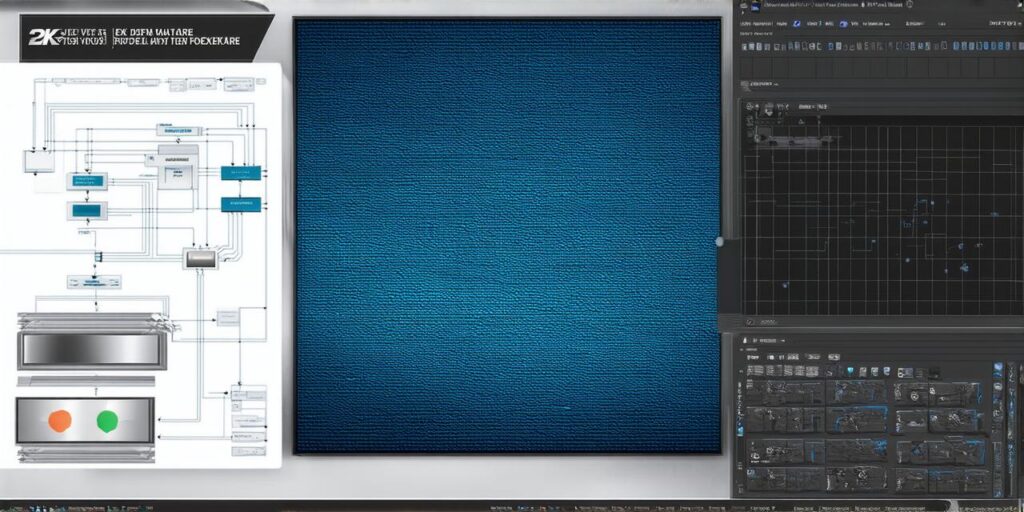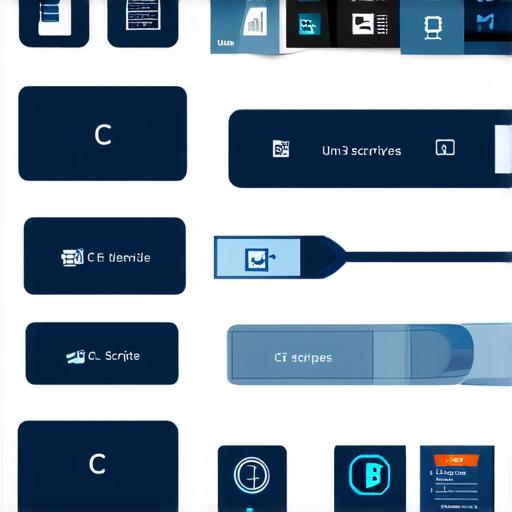
1. Programming Languages
The first thing you need to know as a Unity developer is programming languages. Unity uses C for scripting, which means that if you want to create games or simulations using this engine, you’ll need to have a solid understanding of C syntax and best practices.
Additionally, knowing other popular programming languages such as JavaScript, Python, and Java can be helpful in certain situations, especially when working with third-party assets or integrating external libraries.
2. Game Development Principles
In addition to programming skills, you should also have a good understanding of game development principles. This includes knowledge of game design patterns, user interface (UI) design, and how to create engaging gameplay experiences.
Understanding these concepts will help you create better games and more efficient code. You can acquire this knowledge through online courses, tutorials, or by reading books on game development.
3. 3D Modeling and Animation
Unity is a powerful tool for creating 3D models and animations. If you want to work with this engine, you’ll need to have a solid understanding of 3D modeling and animation principles.
This includes knowledge of how to use software such as Blender or Maya to create 3D assets, as well as how to use Unity’s built-in animation tools to bring those models to life.
4. Texturing and Lighting
Texturing and lighting are critical components of creating realistic 3D environments in Unity. You’ll need to know how to apply textures to your models, how to create light sources and shadows, and how to use shaders to manipulate the appearance of objects in your scene.
This can be a challenging area to master, but there are plenty of resources available online to help you get started.
5. Performance Optimization

Finally, as a Unity developer, you’ll need to have a good understanding of performance optimization techniques.
This includes knowledge of how to optimize your code for better frame rates, how to reduce memory usage, and how to use Unity’s profiling tools to identify and fix performance bottlenecks in your game or simulation.
Acquiring the necessary skills for Unity development can be challenging, but it is well worth the effort. With the right knowledge and practice, you can become a skilled Unity developer and create amazing games or simulations that engage and delight players all around the world.


